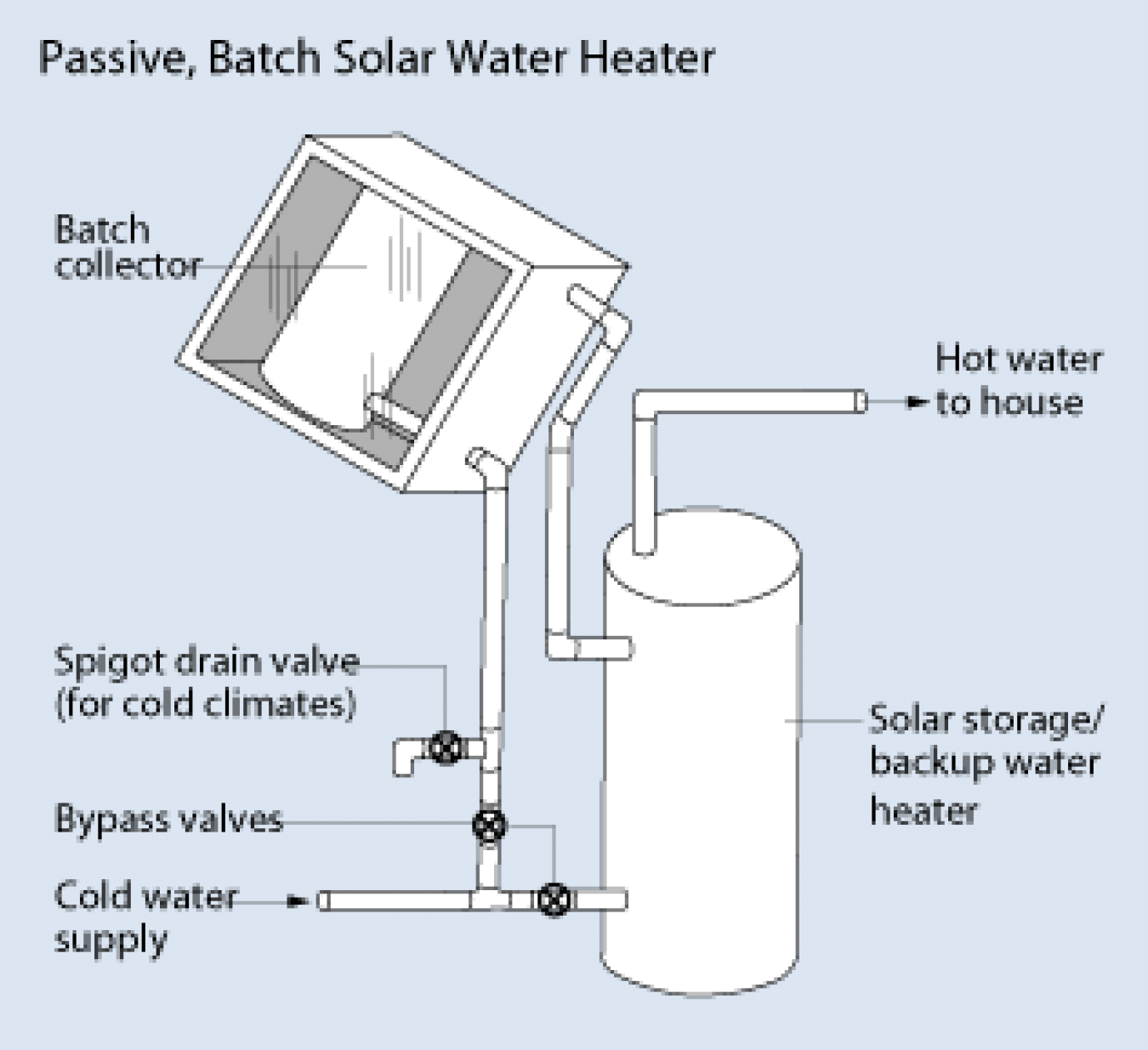Water heating systems play a crucial role in modern households and commercial buildings, providing the essential comfort of hot water for various uses, water heating systems are devices or setups designed to heat water for domestic or industrial use. Whether for bathing, cooking, cleaning, or heating purposes, these systems ensure a steady supply of hot water when needed. The most common types of water heating systems include tank-based storage heaters, tankless (or on-demand) heaters, solar water heaters, and heat pump water heaters. Each type operates on different principles and energy sources, making it essential to understand their features before installation.

These systems have evolved significantly over time, offering a range of options designed to meet different needs, energy preferences, and budgets. In this article, we will explore the types, benefits, and considerations involved in choosing the right water heating system, helping you make an informed decision for your property.
Storage water heating systems are among the oldest and most widely used. These systems consist of an insulated tank that stores hot water, keeping it ready for use at any time. The water is heated by electric elements, gas burners, or oil-fired burners inside the tank. While these water heating systems provide immediate hot water, they can sometimes be less energy-efficient due to heat loss from stored water. However, advances in insulation technology have reduced this drawback considerably.
Tankless water heating systems, also known as on-demand systems, heat water only when it is needed. Unlike storage systems, these do not store hot water but instead use powerful heating elements to quickly raise water temperature as it flows through the unit. This feature makes tankless water heating systems highly energy-efficient since they eliminate standby heat loss. Despite the higher initial cost, many users find the long-term savings and continuous hot water supply worth the investment.
Solar water heating systems use energy from the sun to heat water, making them an environmentally friendly option. These systems typically include solar collectors installed on rooftops and a storage tank for hot water. Solar water heating systems can significantly reduce electricity or gas consumption by harnessing free solar energy, which is abundant in many regions. However, their performance depends on the availability of sunlight, and they often require a backup heating source for cloudy days or night use.
Heat pump water heating systems operate by extracting heat from the surrounding air and transferring it to the water. This process is similar to how an air conditioner works but in reverse. Heat pump water heating systems are very energy-efficient and can reduce energy consumption compared to traditional electric water heaters. They are especially beneficial in moderate climates but may be less effective in extremely cold environments.
When selecting a water heating system, several factors should be considered. These include the size of the household or facility, hot water demand, energy costs, space availability, and environmental impact. For example, a small apartment might benefit most from a compact tankless water heating system, while a larger home could require a storage system with a higher capacity. Additionally, those looking to reduce their carbon footprint might prioritize solar or heat pump water heating systems.
Installation and maintenance are also important aspects of water heating systems. Proper installation ensures safety, efficiency, and longevity. Professional installers can assess the plumbing and electrical infrastructure to recommend the best system type and placement. Regular maintenance, such as flushing tanks to remove sediment buildup and checking for leaks or corrosion, extends the life of water heating systems and maintains optimal performance.
Cost is another significant consideration when choosing a water heating system. Initial purchase and installation costs vary widely depending on the technology and size. Storage water heating systems generally have a lower upfront cost but may incur higher operating expenses over time. Conversely, tankless and solar water heating systems usually come with higher initial prices but offer substantial savings on energy bills in the long run. Heat pump water heating systems tend to fall somewhere in the middle.
In terms of environmental impact, water heating systems contribute to household energy consumption and emissions. Using renewable energy sources, such as solar water heating systems, can reduce reliance on fossil fuels and lower greenhouse gas emissions. Moreover, energy-efficient technologies like tankless and heat pump water heating systems help conserve resources and reduce utility costs. Choosing the right system based on local energy sources and climate can make a significant difference in sustainability.
In conclusion, water heating systems are essential components in providing hot water for everyday use. Understanding the various types available, such as storage, tankless, solar, and heat pump systems, allows users to select the most suitable option for their needs. Factors such as energy efficiency, installation costs, maintenance requirements, and environmental impact should guide this decision. By carefully considering these elements, individuals and businesses can enjoy the benefits of reliable, efficient, and cost-effective water heating systems.